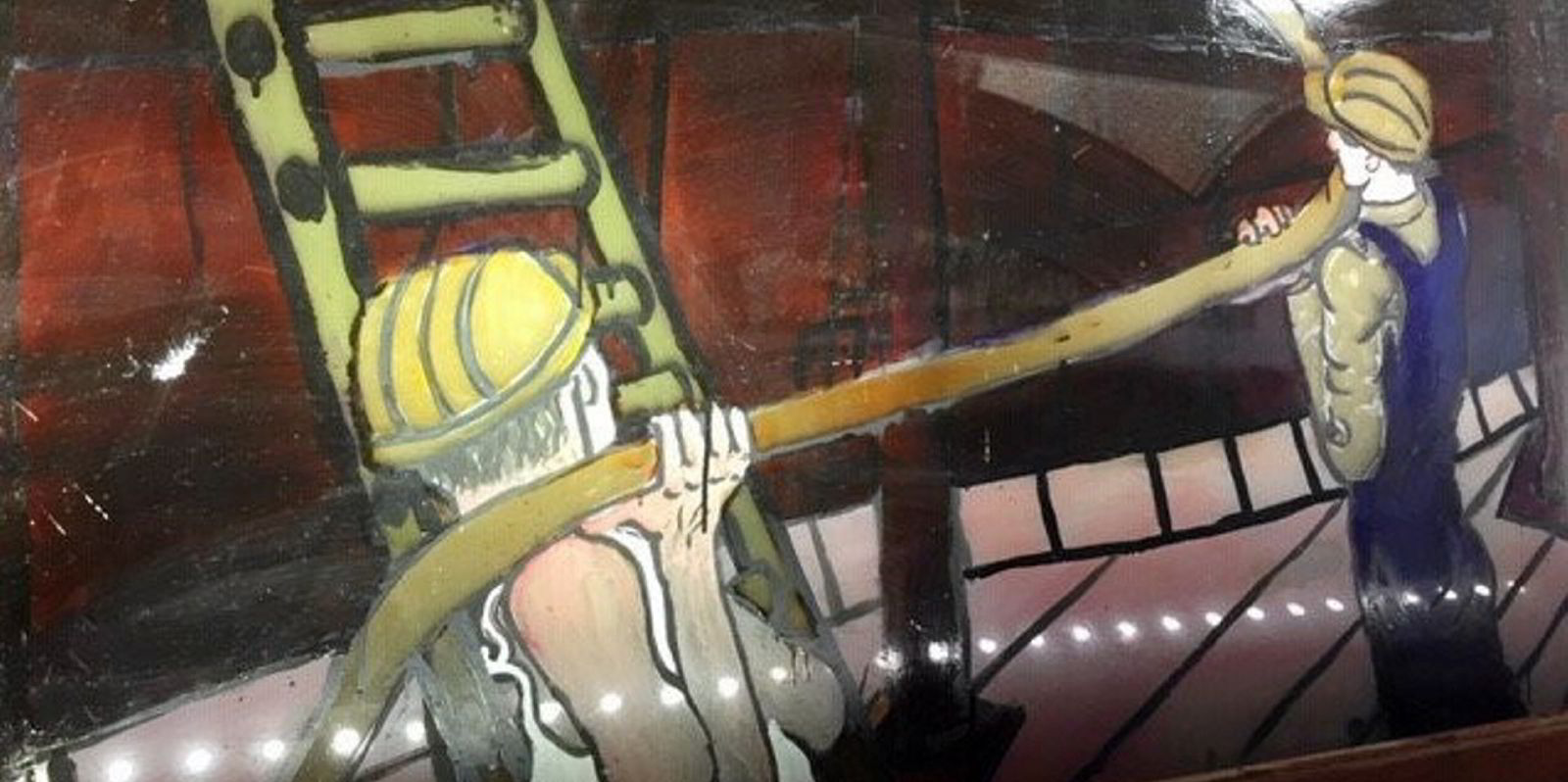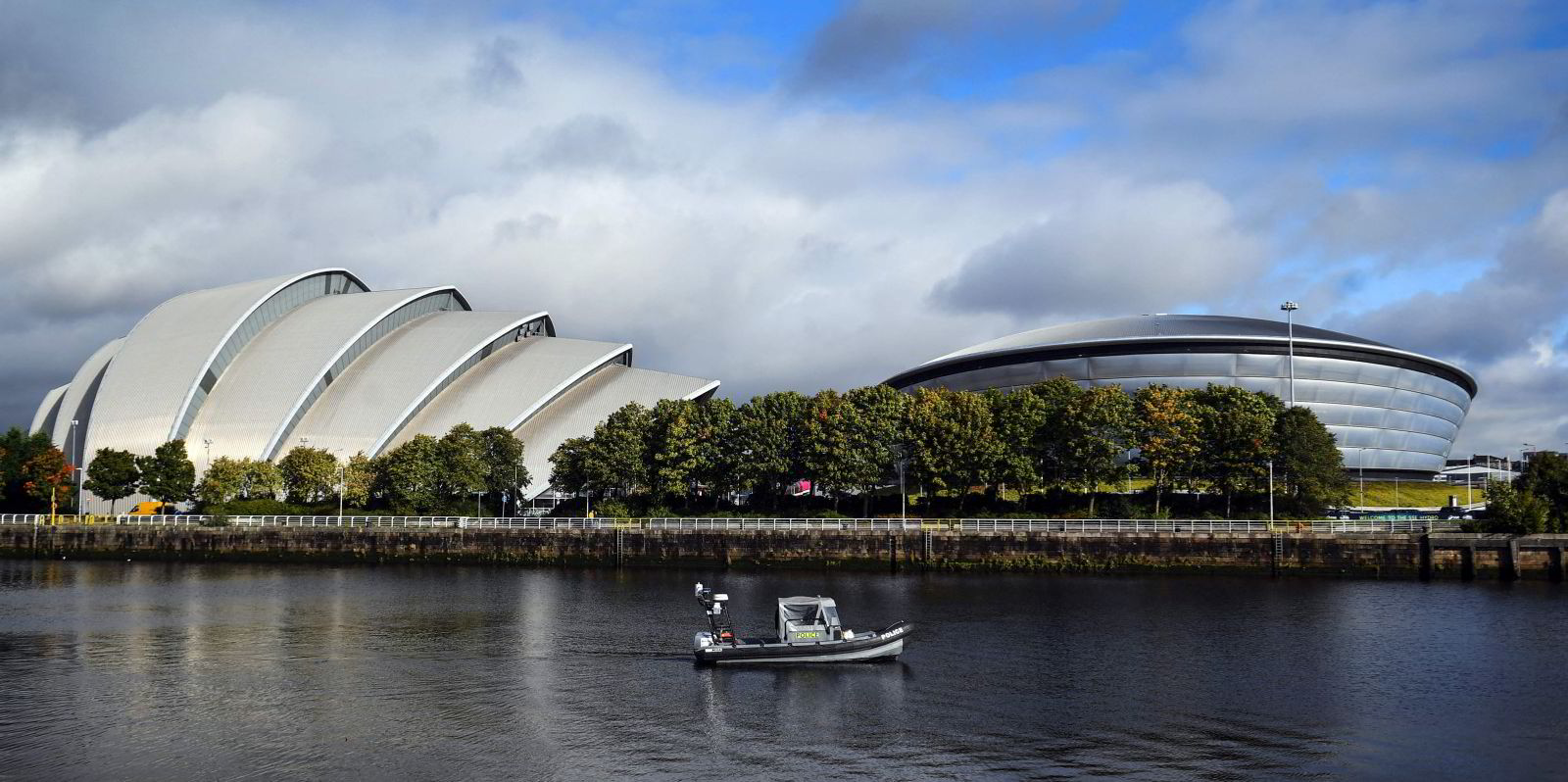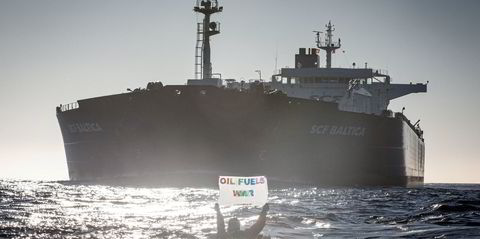Cynics would say what difference would the efforts of one small company make in the fight against global climate change, especially when major economies are reluctant to end their addiction to fossil fuels such as crude and coal.
But Sentosa Ship Brokers managing director Miles Wright believes that collectively small and medium-sized enterprises can "move the dial on climate change".
"If businesses of all sizes started their sustainability journey today, the impact would be profound,” he said.
"Whilst our footprint is obviously comparatively small as a shipping services company compared to our clients, whether they are charterers or ship owners, we are all responsible to do what we can to reduce our carbon footprint and just because we're not required to shouldn't mean we just sit on our hands and do nothing,” he said.
"This of course applies to all aspects of our lives; I wonder how many people realise that a single beef steak uses around 5,000 litres of water to produce and emits around 20 kg of methane gas emissions into the environment?"
Wright said the most surprising thing to emerge from the study was the emissions generated by meeting clients – whether it’s in a restaurant for lunch or even just having visitors to the office, they all generate a carbon footprint.
"Our assumption was that flights for meetings and electricity used in the office would be the most emission-intensive activities, but actually once you look at the impact of meeting people for a drink or dinner in a restaurant it’s surprisingly high," he said.
Wright said that while the Covid-19 pandemic has significantly reduced face-to-face interactions with clients be it abroad or within Sentosa’s office locations, it has shown that it's possible to work from home and conduct meetings over video conferences.
"Of course, the preference will always be to have face-to-face meetings and it's harder to forge or maintain meaningful relationships over a distance as humans are naturally sociable creatures, but the pandemic has proven it's possible to reduce physical interactions and business still goes on,” he said.
Wright said that he feels that it is important that whilst there are currently no statutory or regulatory requirements for us to do this as a shipping services provider, we all need to be "doing what we can and taking a collective responsibility".
"We're all in the same boat when it comes to this. Shipping isn't going away, and no one is suggesting it should, but we all have to do our part to limit the damage it does to the environment and realising what that is and doing something about it are two very different things," said Wright.
"We keep being told to act now before it’s too late — that is exactly what we have to do," he added.






